Actor Wu Jing in a heroic portrayal from Wolf Warrior 2. (Video screenshot)
[People News] Recently, a wave of mockery against mainland Chinese actor Wu Jing has swept across China. Unlike before, when Chinese tourists facing unfair treatment abroad would post online asking Wu Jing, “Why doesn’t my Chinese passport work?” this time, netizens have ridiculed him with quips like: “Wu Jing made the Earth wander, but I made China Mobile wander.” This was a jab at Wu Jing’s blockbuster The Wandering Earth, where he later claimed the credit all for himself. His Wolf Warrior series, meanwhile, has drawn scathing criticism: many netizens say it didn’t deserve such high box office numbers, accusing Wu of exploiting nationalist sentiment for profit while pretending to be righteous and upright — something people now find nauseating.
In China’s lower-tier markets, especially on Douyin (TikTok’s Chinese version), Wu Jing’s reputation has plummeted. His exaggerated head-shaking gestures in interviews have been endlessly memed, drawing huge engagement and ridicule. Old “condescending” comments of his have also resurfaced. For instance, when interviewed by CCTV’s Sa Beining, Wu once boasted: “I jumped off a building — have you? I let a tank roll over me — have you?” Many now mock him for an extreme obsession with winning and for showing off.
I. Wolf Warrior 2 Turned Chinese Diplomats into a Global Joke
Analysts say the recent mockery of Wu Jing may have roots in China’s diplomatic circles. Back in 2017, Wu Jing’s Wolf Warrior 2 was a global hit. As Beijing’s aggressive foreign policy earned the nickname “Wolf Warrior Diplomacy,” foreign diplomats curious about the term felt obliged to watch Wu’s film.
The movie’s scene in which Wu’s character waves a Chinese flag in Africa to secure safe passage left seasoned diplomats snickering. Chinese diplomats abroad, in turn, were teased and even embarrassed because of the film. Now, as Beijing shifts its diplomatic strategy, Wu has become a convenient punching bag. Given China’s mounting economic risks, the ridicule of Wu Jing may also carry deeper political meaning.
II. SCO Summit and Military Parade: A Stage for Global United Front
According to AFP, the Shanghai Cooperation Organisation (SCO) summit will take place in Tianjin from August 31 to September 1, with foreign leaders arriving from August 30 onward. The summit will be accompanied by major events, including a grand military parade on Wednesday to mark the 80th anniversary of the end of World War II — a showcase of China’s so-called military might.
On Thursday, Beijing announced that North Korean leader Kim Jong-un would attend the parade.
Other attendees include Russian President Vladimir Putin, Iranian President Pezeshkian, Turkish President Erdoğan, and Indian Prime Minister Modi — in total, about 20 leaders. Founded in 2001, the SCO consists of 10 member states, plus observer and dialogue partners, with the goal of counterbalancing Western blocs and enhancing cooperation in politics, security, counterterrorism, and trade.
Commentator Sima Ku remarked that international diplomacy is about “circle politics”: whichever group brings profit, protection, and global influence will attract members.
Analysts note that since both Beijing and Moscow face hostility from the West over Taiwan and Ukraine, respectively, they view the SCO as a platform to consolidate influence.
Lizzi Lee, a researcher at the Asia Society Policy Institute, cautioned against expecting substantial outcomes from the summit.
She told AFP: “The SCO operates on consensus. When member states face deep conflicts — such as India vs. Pakistan, or China vs. India — this inevitably limits ambition.”
She added that Beijing’s greater goal is to showcase its ability to gather diverse leaders, sending the message that global governance is “not led by the West.”
In presenting the summit, Beijing denounced “hegemonism” — a veiled reference to the United States — and portrayed the SCO as a “beacon of stability” amid global turbulence.
III. Will Putin Use the Occasion to Hint at a Ukraine Ceasefire?
Putin’s visit comes as diplomatic efforts to resolve the Ukraine conflict remain stalled.
Dylan Loh, professor at Nanyang Technological University in Singapore, believes Putin will use Tianjin to rally non-Western partners in support of his narrative about the conflict and what a “fair outcome” should look like.
The Ukraine issue may surface in bilateral talks during the summit.
Lizzi Lee noted: “Putin’s presence will cast a shadow of war over the discussions, but Ukraine won’t become a core agenda item, since the SCO avoids divisive issues — and Ukraine is exactly that.” She warned that Putin would seize the chance to show he is “not isolated, reaffirming ties with Xi Jinping while maintaining Russia’s visibility in Eurasia.”
Another noteworthy development is Indian Prime Minister Modi’s visit — his first to China since 2018.
This comes just after Washington imposed new tariffs on Indian exports, seen as retaliation for New Delhi’s purchases of Russian oil.
China and India, the world’s two most populous nations, are competing for influence in South Asia. Their border saw deadly clashes in 2020.
Yet relations have thawed since October last year, when Modi and Xi met for the first time in five years at a summit in Russia.
Lim Tai Wei, East Asia expert at Japan’s Soka University, said: “China will do everything possible to woo India, especially exploiting New Delhi’s trade tensions with Washington.”
Recently, China and India resumed direct flights, restarted talks on their disputed border, reinstated tourist visas, and increased trade exchanges.
But Lim warned that major differences remain. On August 28, when Beijing released the list of foreign leaders attending the September 3 parade, Modi’s name was notably absent.
Wu Jing’s downfall coincides with Beijing’s adjustment in foreign policy. Back when Wolf Warrior 2 exploded in popularity, it reflected its times. Now, however, “Wolf Warrior Diplomacy” has fallen out of favour. Wu, once hailed as a “clean stream” in China’s entertainment industry, now appears to have “fallen from the altar” — proving he was merely a political tool all along.
Wang Jizhou, founder of YiHe Capital, analysed that this shift signals Beijing’s return to a reform path, and that China and the U.S. are heading toward a strategic reconciliation.
Under Xi Jinping, China’s international mask can be that of a “wolf warrior,” or it can hide the fangs and put on a smiling face — whichever serves the needs of the Party.
(First published by People News) △

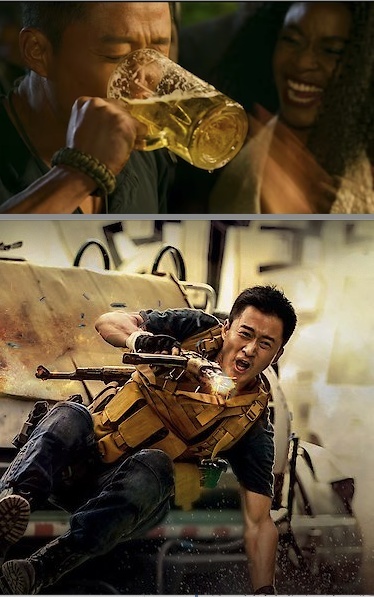
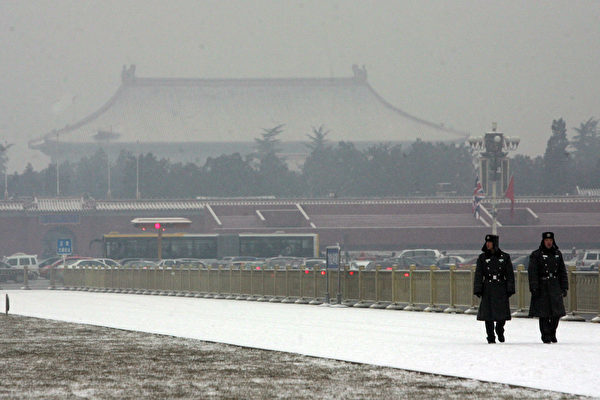

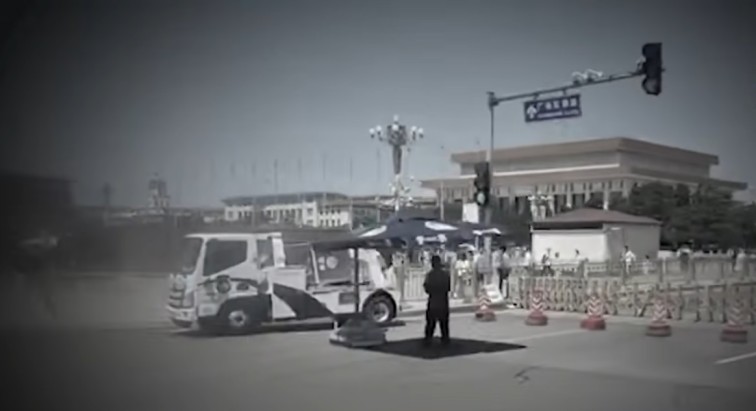

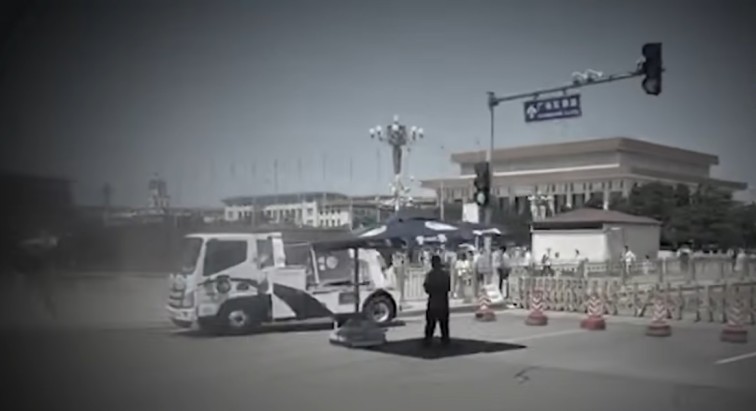

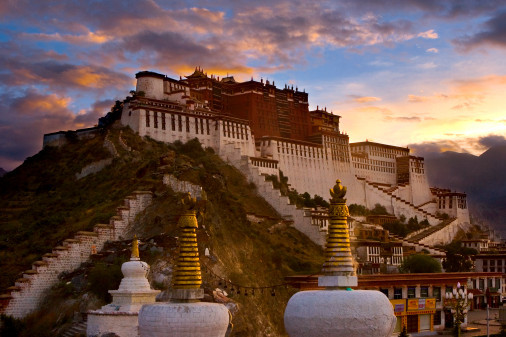

News magazine bootstrap themes!
I like this themes, fast loading and look profesional
Thank you Carlos!
You're welcome!
Please support me with give positive rating!
Yes Sure!